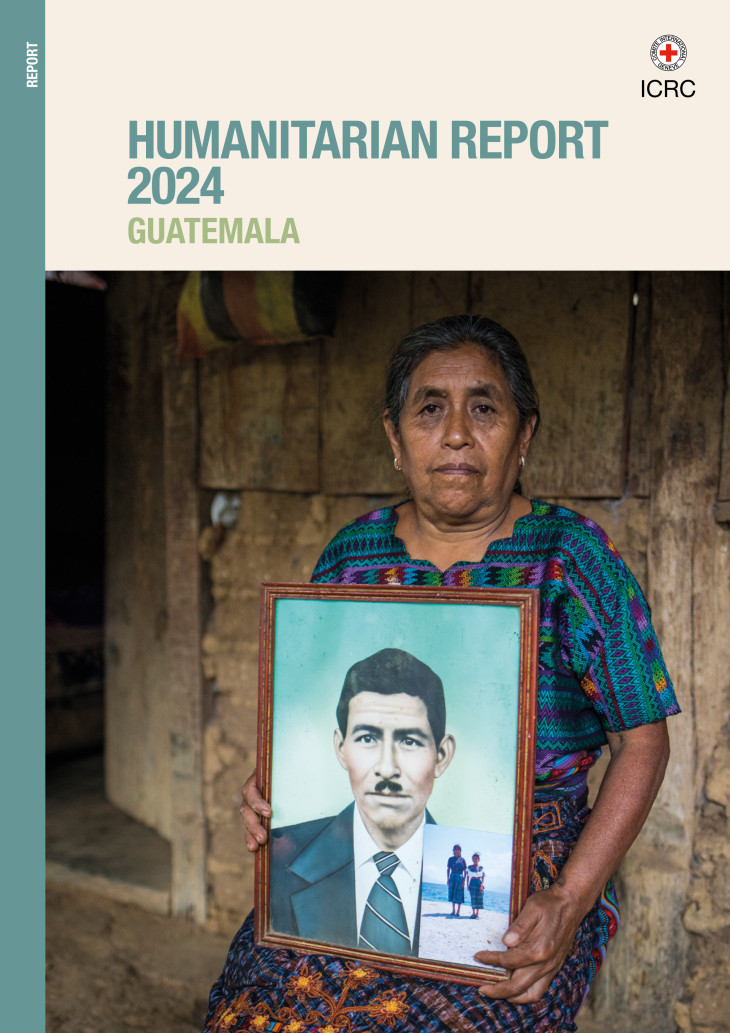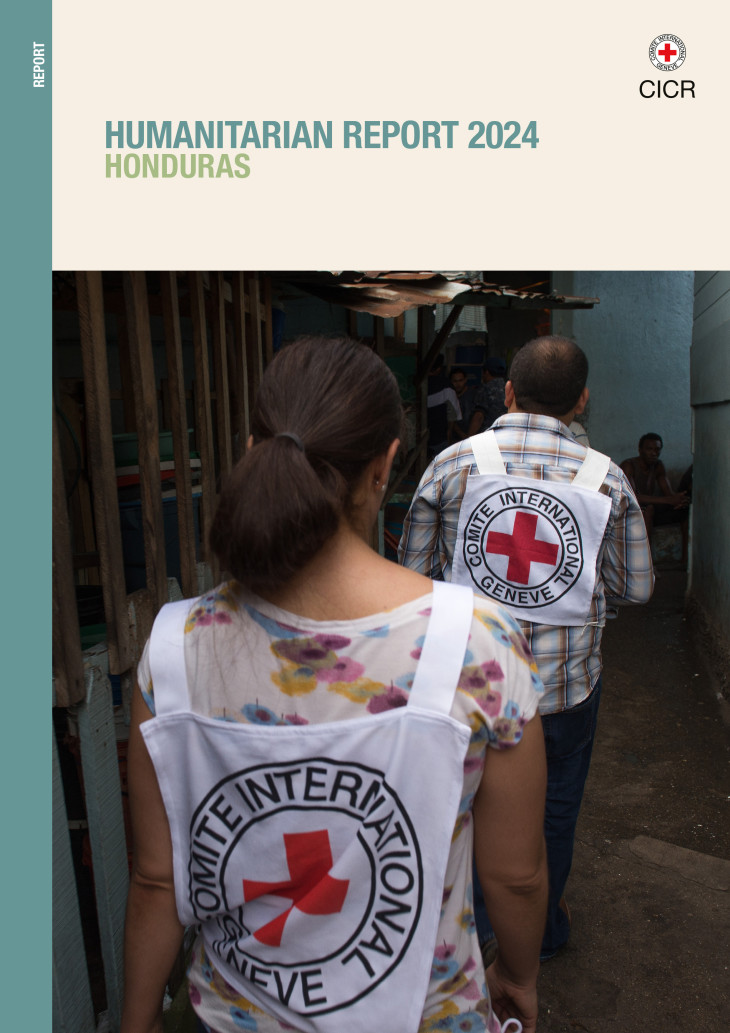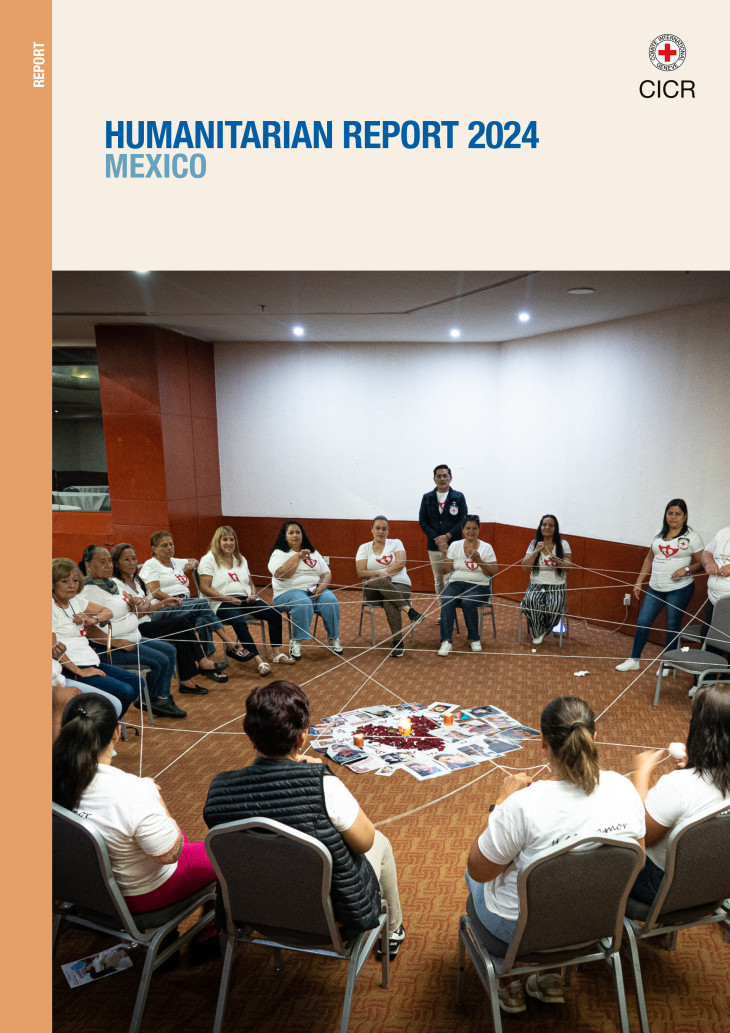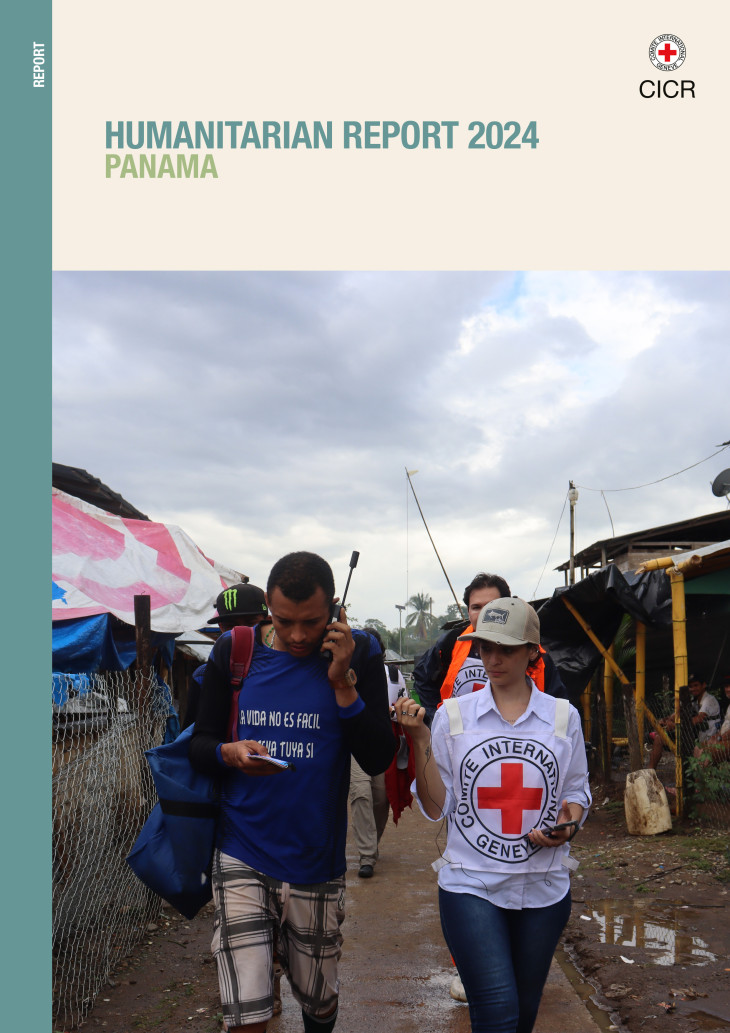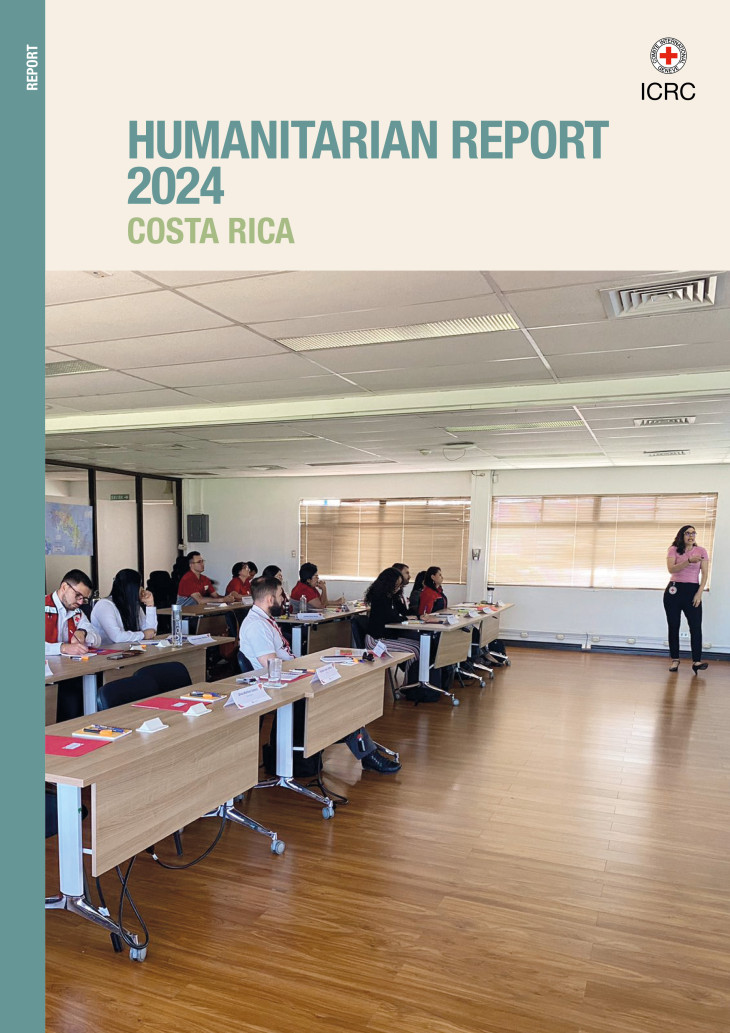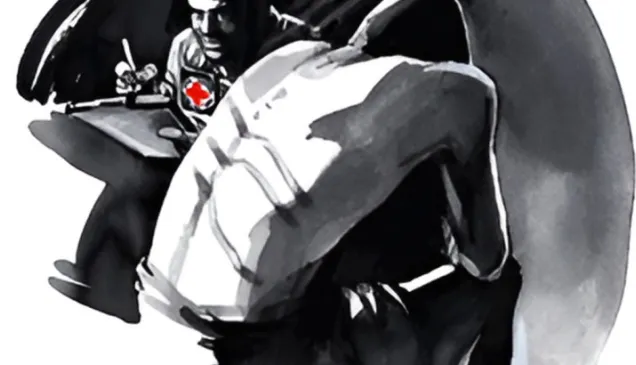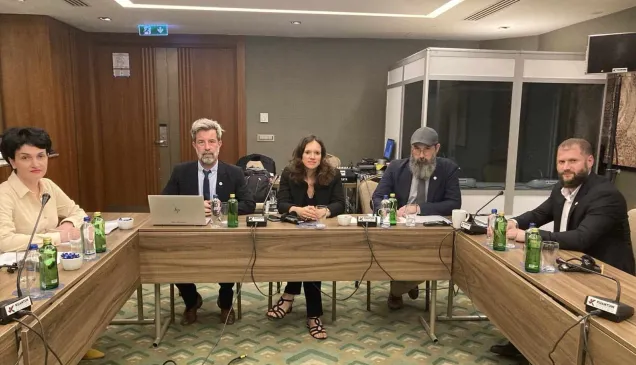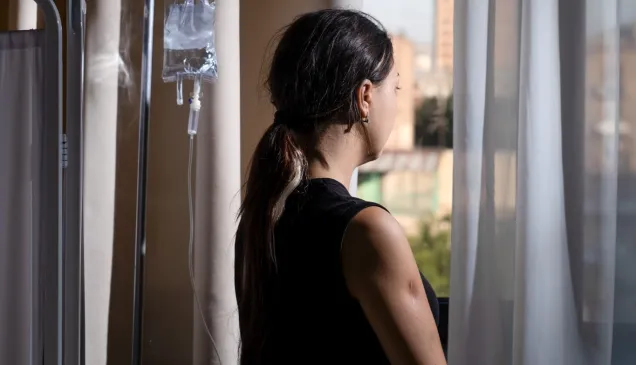El Salvador Editorial: "Protecting humanitarian action: A shared commitment"

By Karim Khallaayoun, head of the ICRC's mission in El Salvador
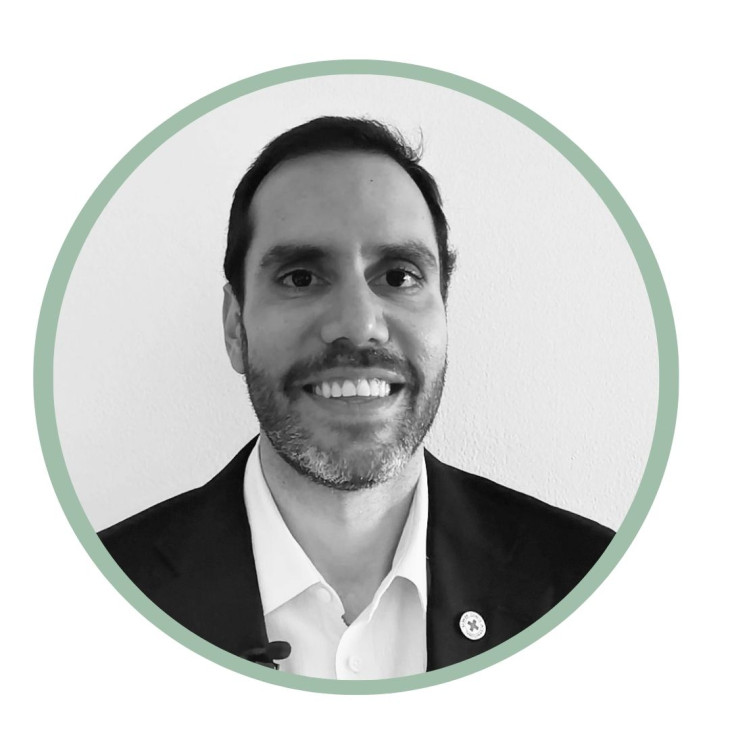
In 2023, millions of people around the world faced a complex situation resulting from natural disasters, migration and poverty, but also from armed conflicts and other situations of violence. Lack of access to essential services or a safe home, or losing contact with loved ones are just some of the humanitarian consequences of violence. In these contexts, the International Committee of the Red Cross (ICRC) offers a neutral, impartial and independent humanitarian response, seeking to alleviate people's suffering and protect their lives and dignity.
The daily impact of our humanitarian action is amplified by joint work with the Red Cross or Red Crescent in each country. In the case of El Salvador, we work with the Salvadoran Red Cross. Our global humanitarian network, which is the largest in terms of the number of volunteers, was founded 161 years ago. It also includes the International Federation of Red Cross and Red Crescent Societies.
In El Salvador, the ICRC and the Salvadoran Red Cross work together to give hope to people who have lost contact with their loved ones due to migration, violence or a natural disaster, through our Restoring Family Links services. In 2023, we helped to improve pre-hospital care in health centres in San Salvador and Apopa.
We had also worked together for more than a decade in communities previously plagued by violence. We were involved in changing the lives of people who had difficulty accessing essential services, such as education. We also helped them adapt or build public spaces to revitalize community relations. We provided health care for people wounded and injured by firearms, and we supported the response to the psychosocial needs of missing people's families.
Our humanitarian action was made possible by people's trust in us and our adherence to the Fundamental Principles of the International Red Cross and Red Crescent Movement. However, in this complex and turbulent world, impartial, neutral and independent humanitarian work is being disrupted globally by social and political polarization, misinformation and the exploitation of aid, among many other dynamics.
Despite these challenges, we have reaffirmed our commitment to people in vulnerable situations who need humanitarian aid. We are convinced that neutral, impartial and independent action is still the key response. Without this type of response, many doors would close and we would not be able to reach the places where our work is needed.
We are therefore calling for the preservation of humanitarian action based on these principles, which ensure assistance and protection are provided to those most in need. States, the population and members of the International Red Cross and Red Crescent Movement have a fundamental role to play in protecting and promoting such action.
Together we can and must reduce the circumstances that put human life and dignity at risk and strengthen the capabilities and resilience of people affected by climate change, natural disasters or violence, in order to reduce the vulnerability factors they face.
In El Salvador we will continue to work shoulder to shoulder with the Salvadoran Red Cross to help the people in the greatest need of our humanitarian services. To fulfil our mandate, we will assist and protect victims of armed conflict and other forms of violence. And we will support the Salvadoran Red Cross in its role in assisting the State in the humanitarian field, through its extensive network of volunteers who give their best to help others.
Our humanitarian work never stops.

